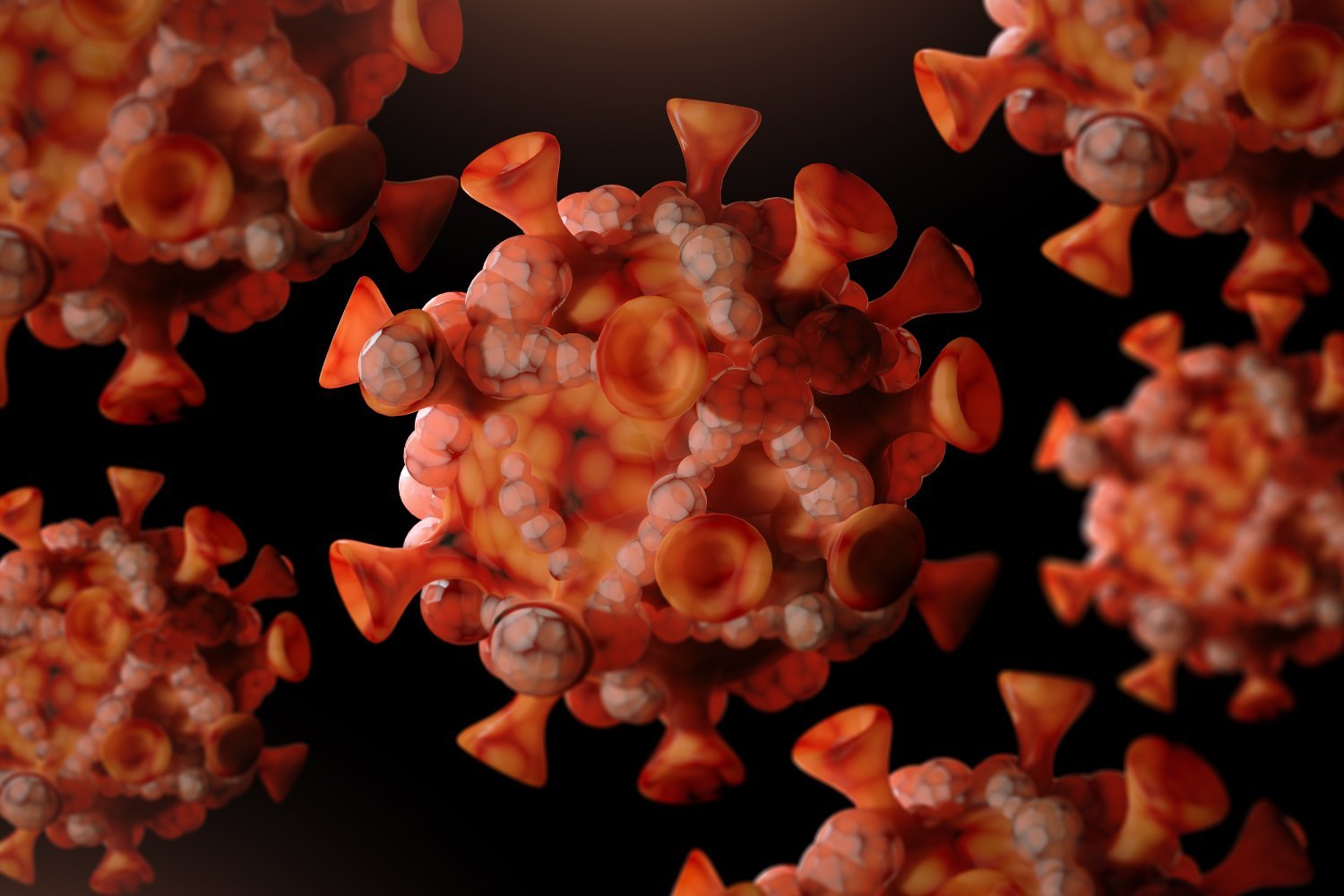Life expectancy has dramatically increased since the 19th century, thanks to advancements in medicine, sanitation, and environmental protection. However, recent data suggests this progress is slowing. A study published in Nature Aging indicates that while life expectancy continues to rise in developed nations like the U.S., the rate of increase has significantly decreased over the past three decades. The likelihood of reaching 100 remains low, with only a small percentage of those born in 2019 projected to become centenarians. This raises the question: are we approaching the natural limits of human lifespan? To explore this, we consulted experts on the possibilities and limitations of human longevity.
The Limits of Current Approaches
S. Jay Olshansky, a longevity researcher and lead author of the Nature Aging study, believes a life expectancy of 100 is unlikely this century. He argues that while public health initiatives drastically improved life expectancy in the 20th century by preventing childhood deaths, this can only happen once. Now, the biological aging process poses the primary challenge. As larger populations reach older ages, the impact of aging becomes more significant, leading to decelerating gains in life expectancy.
Olshansky is skeptical that treating diseases individually, as is currently practiced, can significantly extend lifespan. He suggests that reducing one disease often leads to the emergence of others. While he acknowledges the potential of gerotherapeutics (treatments that slow aging), he emphasizes the immense challenge of achieving the substantial reductions in mortality rates across all ages required for a life expectancy of 100. Even with a hypothetical intervention that extends lifespan to 120, scientifically proving its effectiveness at the population level would be incredibly difficult.
The Potential of Longevity Genes
Nir Barzilai, director of the Institute for Aging Research, offers a more optimistic perspective. His research on centenarians reveals that they experience age-related diseases much later in life than the general population, sometimes living for decades without illness. He acknowledges the “roof” on lifespan suggested by previous studies, but emphasizes that longevity genes play a crucial role in reaching this limit. Harnessing these genes through medical interventions could enable others to live longer, healthier lives. Barzilai’s focus is on improving healthspan, enabling people to live well into their 90s and 100s, rather than simply extending lifespan.
The Role of Artificial Intelligence
Preston Estep, a biologist and AI researcher, links the future of human longevity to the advancements in artificial intelligence. He highlights two primary factors influencing longevity: environmental and biomedical. While public health improvements have contributed significantly, he sees AI as crucial for overcoming the complex challenges associated with radical life extension. Estep argues that human-level intelligence alone may not be sufficient to address the myriad problems related to aging and maintaining the infrastructure necessary to support significantly extended lifespans.
He envisions a future where AI surpasses human intelligence, leading to breakthroughs in life extension, possibly through merging with AI. Estep believes this merger is already underway, with large language models like ChatGPT absorbing the collective human essence from internet data. He predicts that future AI will become even more powerful, paving the way for transferring human consciousness to non-biological substrates, potentially achieving extreme longevity or even immortality. This could also lead to advancements enabling radical life extension for biological humans, presenting new choices and dilemmas.
Conclusion: A Future of Extended Lifespans?
While experts have differing opinions on the ultimate limits of human lifespan, they agree that extending healthy lifespan is a realistic and worthwhile goal. Whether through advances in gerotherapeutics, harnessing longevity genes, or even merging with AI, the pursuit of longer, healthier lives continues to drive scientific exploration and innovation. The question remains: how far can we push the boundaries of human longevity, and what implications will these advancements have on society?











